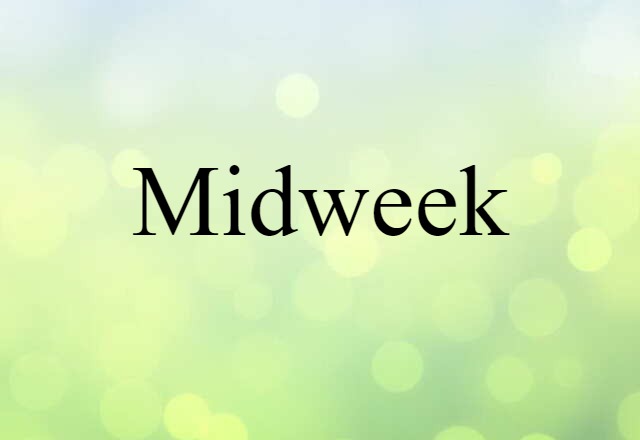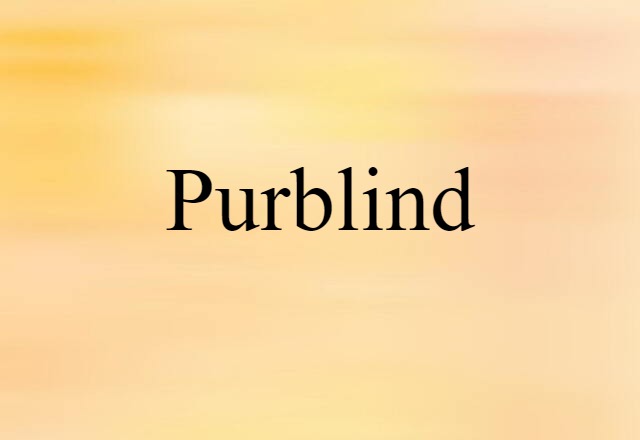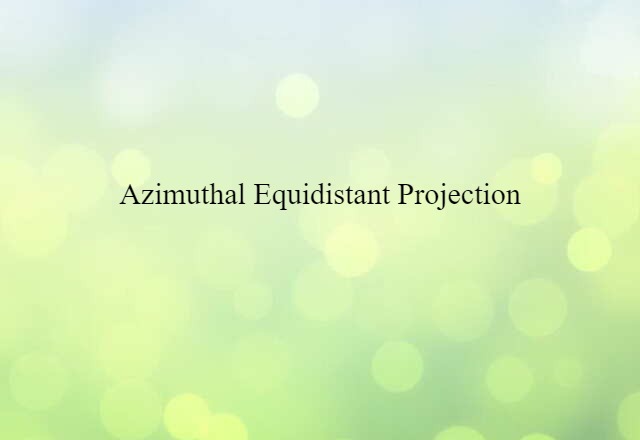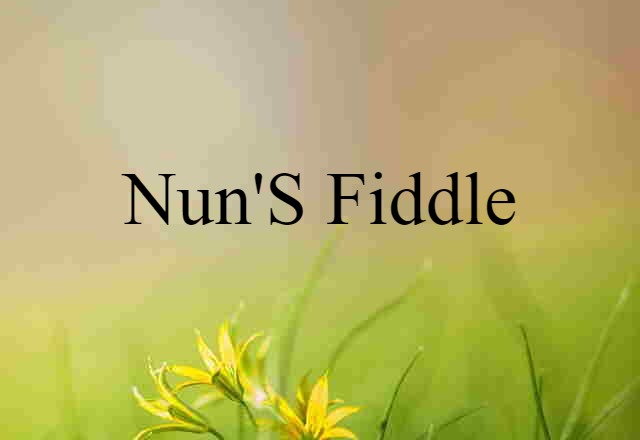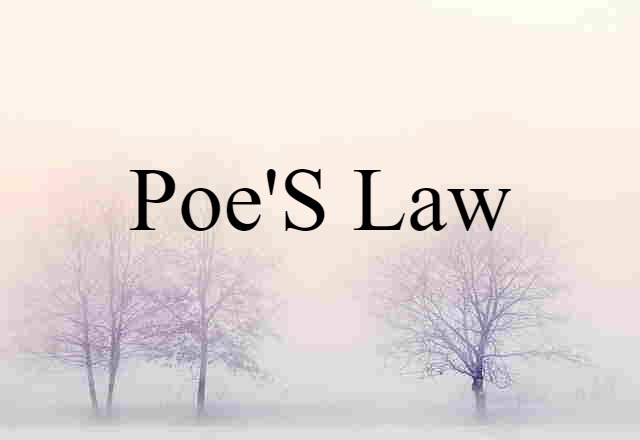- the feeling that what is wanted can be had or that events will turn out for the best: to give up hope.
- a particular instance of this feeling: the hope of winning.
- grounds for this feeling in a particular instance: There is little or no hope of his recovery.
- a person or thing in which expectations are centered: The medicine was her last hope.
- something that is hoped for: Her forgiveness is my constant hope.
- to look forward to with desire and reasonable confidence.
- to believe, desire, or trust: I hope that my work will be satisfactory.
- to feel that something desired may happen: We hope for an early spring.
- to place trust; rely (usually followed by in).
- to continue to hope, although the outlook does not warrant it: We are hoping against hope for a change in her condition.
- pen name of Sir Anthony Hope Hawkins.
- U.S. comedian, born in England.
- U.S. educator.
- a town in SW Arkansas.
- a female given name.
- a feeling of desire for something and confidence in the possibility of its fulfilment
- a reasonable ground for this feeling
- a person or thing that gives cause for hope
- a thing, situation, or event that is desired
- used ironically to express little confidence that expectations will be fulfilled
- to desire (something) with some possibility of fulfilment
- to have a wish (for a future event, situation, etc)
- to trust, expect, or believe
- Anthony, real name Sir Anthony Hope Hawkins. 1863–1933, English novelist; author of The Prisoner of Zenda (1894)
- Bob, real name Leslie Townes Hope. 1903–2003, US comedian and comic actor, born in England. His films include The Cat and the Canary (1939), Road to Morocco (1942), and The Paleface (1947). He was awarded an honorary knighthood in 1998
- David (Michael). Baron. born 1940, British churchman, Archbishop of York (1995–2005)

